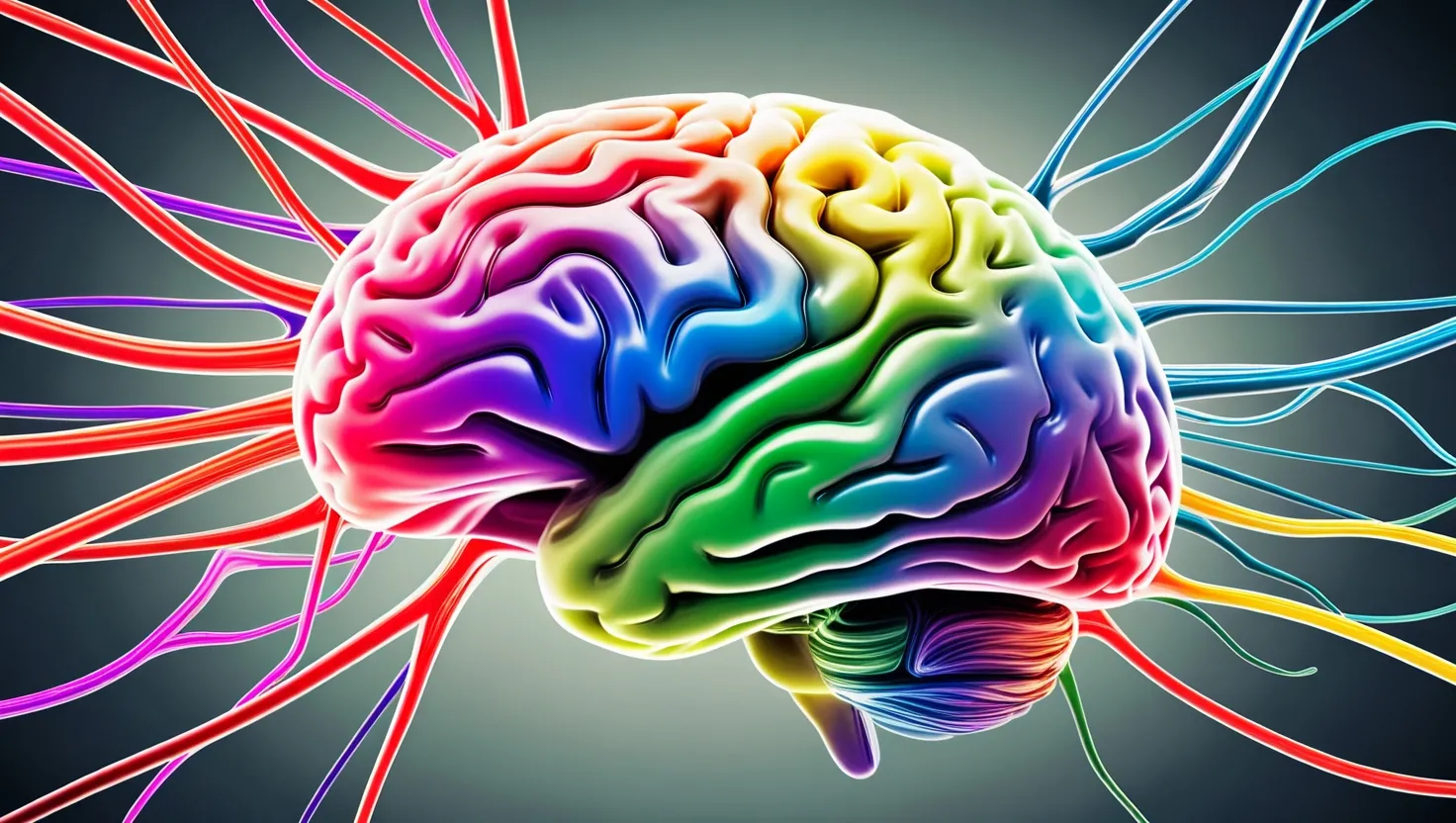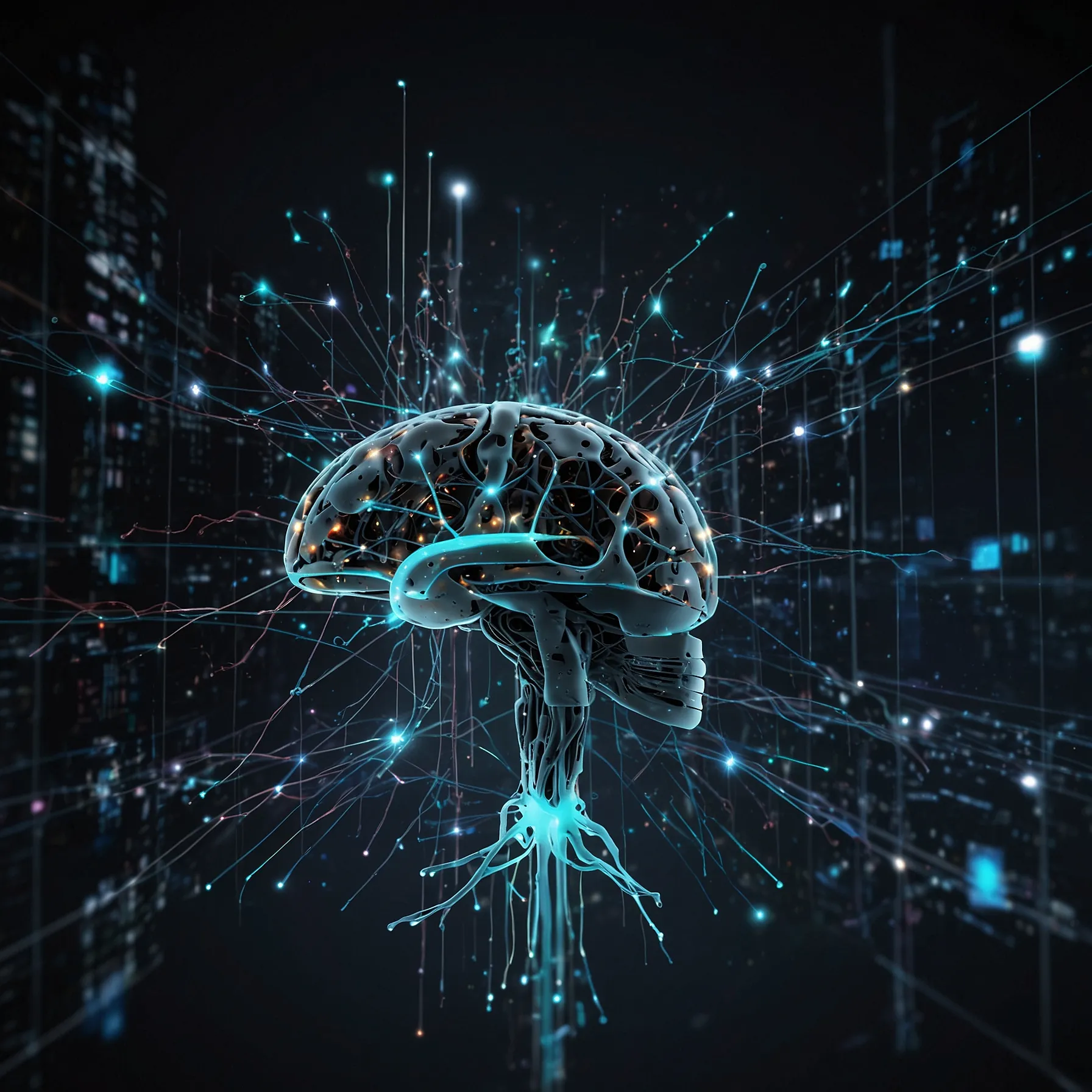Imagine this: You’ve just started a new job, and your boss seems too good to be true. They’re charming, confident, and always know exactly what to say. But deep down, you have a nagging suspicion that something’s off. Could they be a psychopath? Psychopaths are masters of deception, making it tough to spot them without some scientific backup. Luckily, recent research offers a way to see through their façade.
Scientists at the University of Cardiff have devised a simple yet effective test to determine if someone is a psychopath. The researchers examined two groups: one of regular people and another of known psychopathic criminals. They showed both groups disturbing images, such as mutilated bodies, crime scenes, and vicious dogs. The results were striking. Normal people had the expected reaction—their pupils dilated in response. However, the psychopaths’ pupils didn’t change at all. This lack of pupil dilation reveals a lot about their inability to respond to fear or distress like most of us do.
Understanding how this works helps us see the fight-or-flight response in a new light. When faced with a threat, our pupils widen to help us focus and react swiftly. For psychopaths, the lack of this reaction is a red flag, marking their emotional detachment. So, the next time you feel uneasy around someone, try showing them something disturbing and watch their eyes closely.
In another study, researchers at Cornell University found that psychopaths have peculiar conversational habits. They are twice as likely to talk about topics like sex, money, and food. Fascinatingly, they often describe the food they ate on the day of their crimes. While talking about these subjects doesn’t make someone a psychopath, an obsessive focus on them, coupled with little mention of spirituality, family, or religion, could be a telling sign.
For those keen to delve deeper, there are even online tests available to assess psychopathic traits. While it’s essential to remember that psychopaths are a minority and most people are good-hearted, being mindful of these indicators can help us navigate our social and professional worlds with more awareness.
This knowledge arms us with tools to uncover hidden truths and helps ensure we don’t let a few bad apples taint our view of the world. Stay observant, trust your instincts, and remember: the eyes never lie.






